The “Discovery of America” refers to the historical event in 1492 when Christopher Columbus, sailing under the sponsorship of Spain, arrived in the Americas. Here’s an overview of what this event entailed and its historical significance:
Background:
- Motivation: Columbus, an Italian explorer, sought to find a westward route to Asia to establish a trade route for Spain and to spread Christianity.
- Voyages: Columbus made four voyages across the Atlantic Ocean. His first voyage in 1492 led him to land in the Bahamas, believing he had reached Asia.
Historical Significance:
- European Exploration: Columbus’s voyages marked the beginning of sustained European contact with the Americas, which fundamentally changed the course of world history. This period of exploration and colonization had profound implications for both Europe and the indigenous peoples of the Americas.
- Exchange of Goods and Ideas: The encounter between Europe and the Americas initiated a global exchange of goods, ideas, plants, animals, and diseases, known as the Columbian Exchange. This exchange had significant impacts on economies, cultures, and ecosystems worldwide.
- Colonization and Conquest: Columbus’s voyages paved the way for subsequent European colonization and conquest of the Americas. This colonization led to the establishment of European empires in the New World, resulting in profound demographic, cultural, and political changes.
Controversies and Criticism:
- Impact on Indigenous Peoples: Columbus’s arrival initiated centuries of exploitation, oppression, and violence against indigenous peoples in the Americas, including colonization, forced labor, and diseases that devastated populations.
- Historical Interpretation: Columbus’s legacy is debated. While he is traditionally celebrated for his role in European exploration, his actions and their consequences for indigenous peoples have led to criticism and calls for reconsidering how his legacy is commemorated.
In conclusion, the “Discovery of America” by Christopher Columbus in 1492 marked a pivotal moment in world history, initiating a new era of global interaction and exchange, but also leading to significant challenges and hardships for the indigenous peoples of the Americas. This event continues to be studied, debated, and commemorated for its far-reaching consequences.

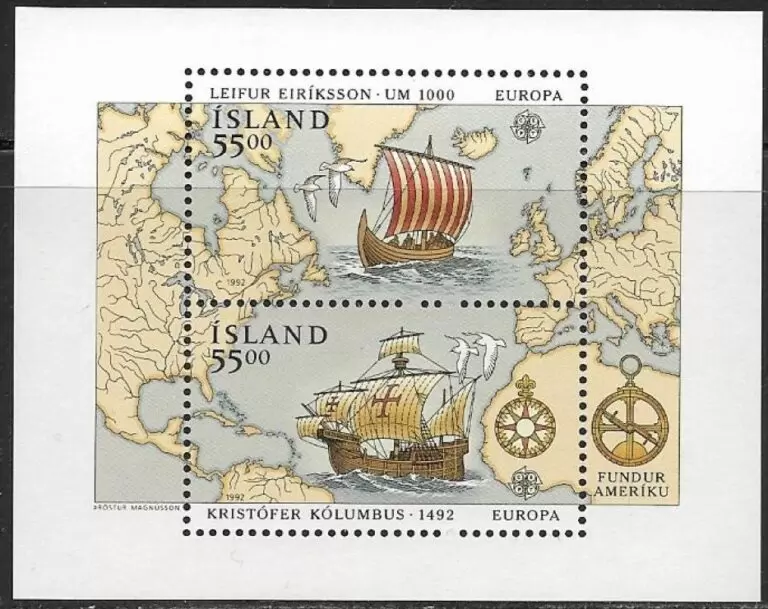
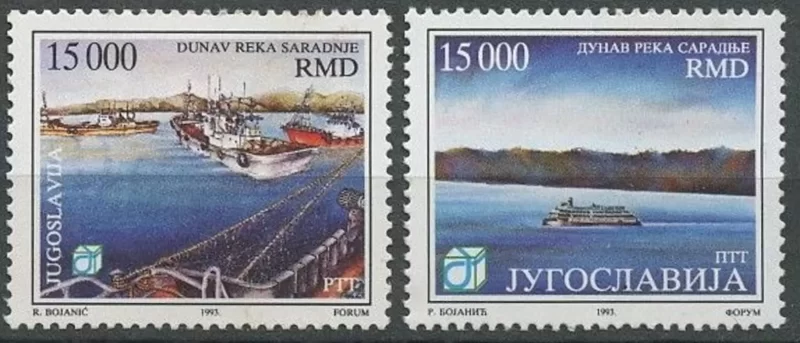

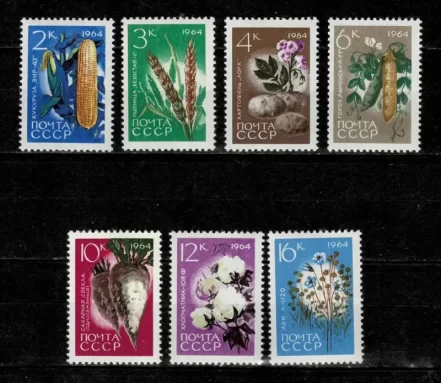

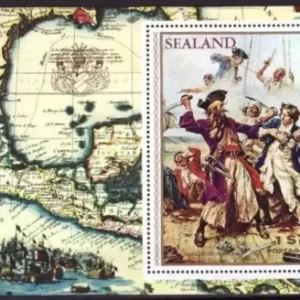
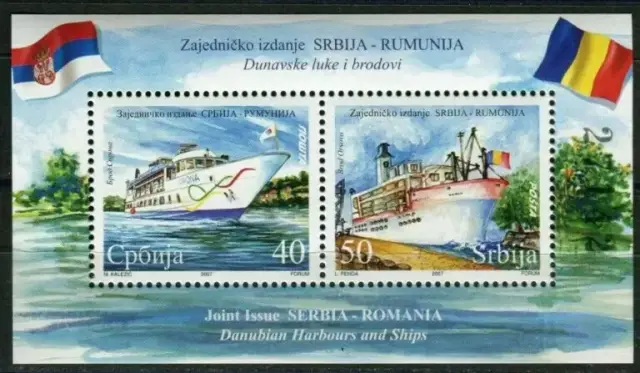
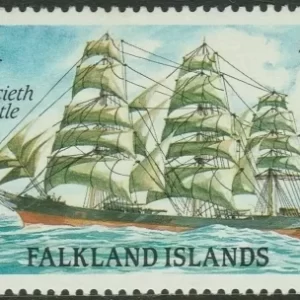
Reviews
There are no reviews yet.